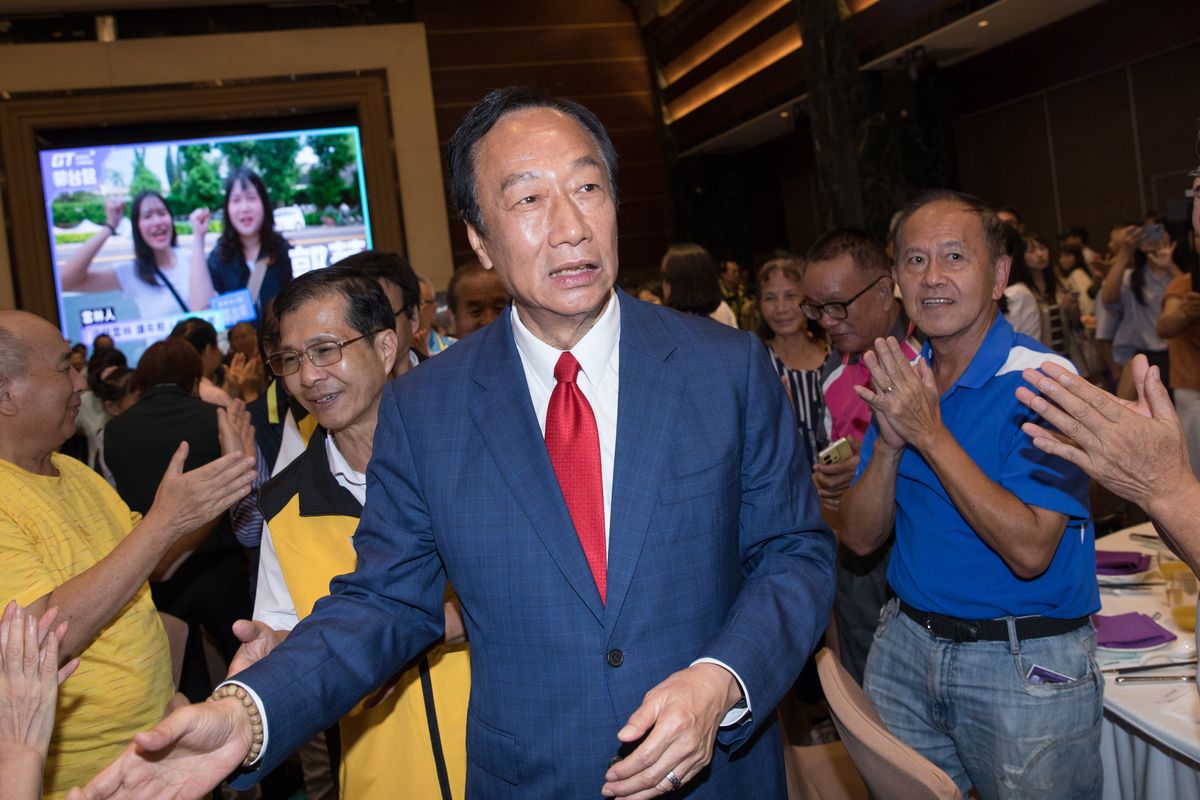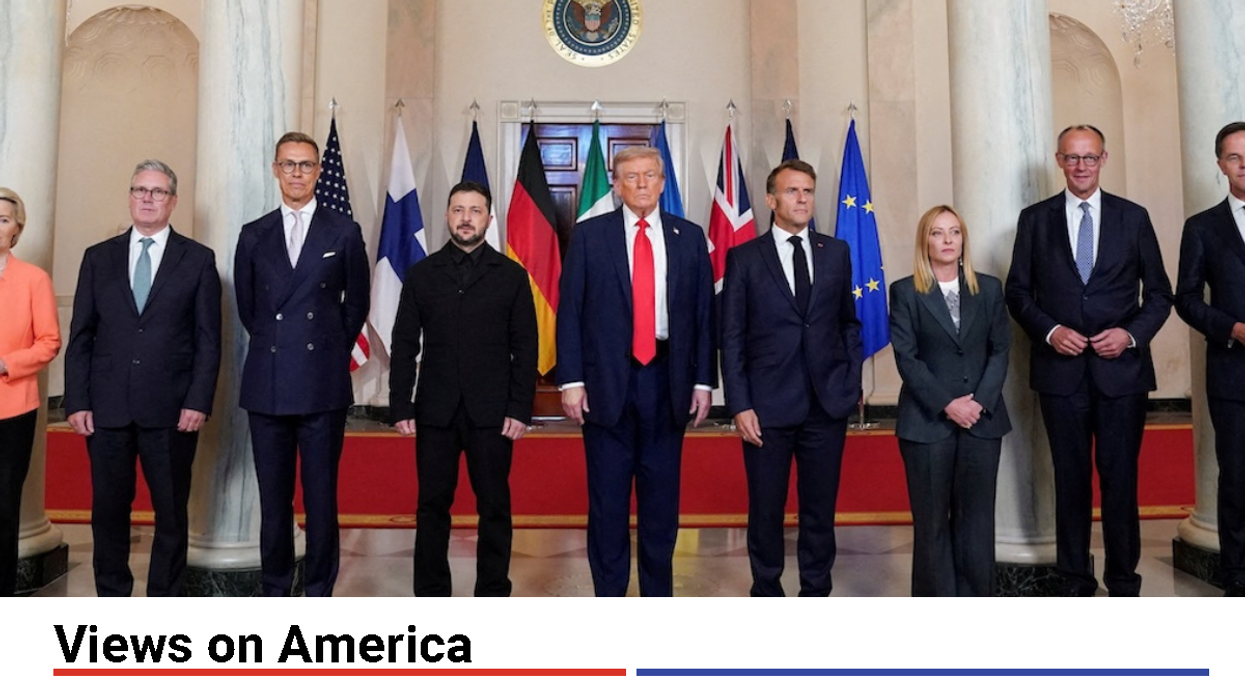Terry Gou is the billionaire founder of electronics giant Foxconn, the manufacturer of Apple iPhones in mainland China, and he’s one of Taiwan’s richest men. Gou has historically supported the opposition – and China-friendlier – Kuomintang, or KMT. But he recently announced that would run independently for the presidency, taking on KMT candidate Hou Yu-ih as well as more hawkish candidates.
Foxconn’s extensive business in China prompted questions of undue influence from Beijing, but Gou has said he won’t let Beijing push him around – and that he doubts China would want to face the geopolitical implications of disrupting Foxconn’s business.
Famous last words? On Sunday, state media reported that tax authorities are scrutinizing Foxconn subsidiaries while the natural resources ministry looks into the company’s land use practices. Foxconn’s stock price on the Shanghai exchange slid 10% on the news before triggering an emergency halt in trading.
“It’s not Terry Gou’s policy positions that are problematic for Beijing,” says Eurasia Group China expert Anna Ashton, “it’s that he is dividing the KMT voter base and making it less likely that anyone other than Lai can win,” referring to the incumbent Democratic Progressive Party’s William Lai.
Lai is leading in the polls, supported by 32% of Taiwanese, but he faces a strong challenge from fellow China hawk Ko Wen-je, at 23%. That’s a clear 55% majority of voters backing China hawks — while Gou, the most dovish, is trailing at just 10%. The KMT’s Hou has 17%, leaving him well behind his opponents.
Unless, that is, Gou were to bow out. If Gou’s supporters shift to Hou, and the China-hawk vote stays split, there’s a fighting chance that Beijing can avoid the worst outcome for its interests. Who said Beijing doesn’t understand democracies?



















